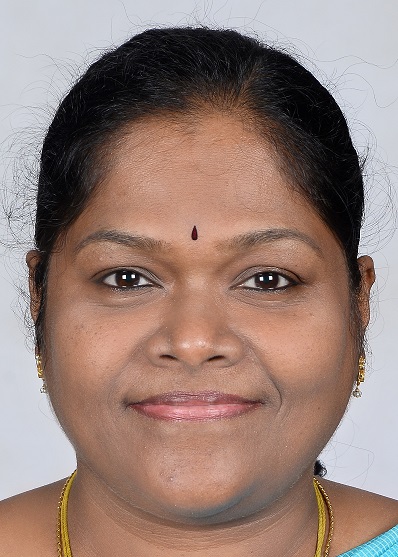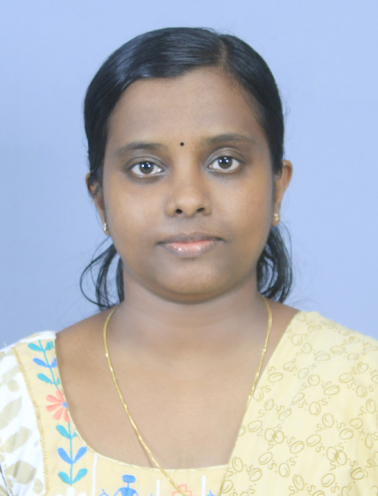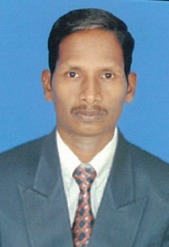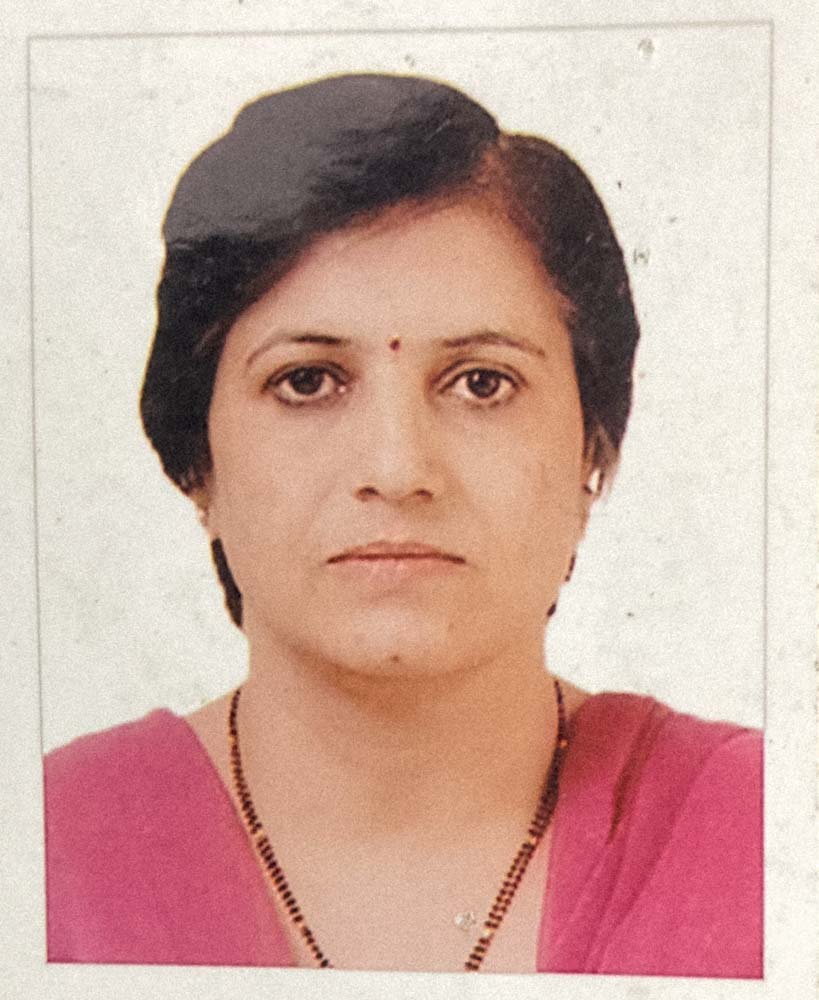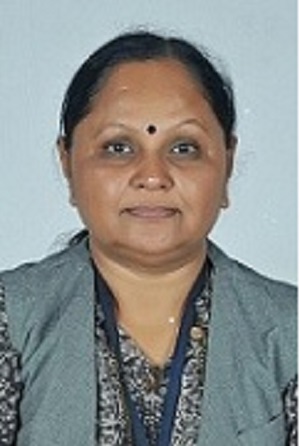Course abstract
The quality of Teaching And Learning in General Programs (Humanities, Social Sciences and Sciences) (TALG) has come to be an important issue in India to all stakeholders including teachers, students, parents, Managements, Universities, UGC, AICTE, NAAC and Employers. Undergraduate programs of three or four year duration are offered in Humanities, Social Sciences and Sciences. 40,000 Degree Colleges provide most of the graduate level workforce to Government and Private Organizations in India. The quality of learning of their graduates will make a major difference to the wealth generating and service providing abilities of these organizations. Courses in Humanities, Social Sciences and Sciences (nearly 30 credits out of 160 credits) are also offered in all undergraduate engineering programs in more than 4000 higher education institutions. The quality of learning of the graduates of these programs determines the quality of their placements. While there has been significant increase in the last few decades in our understanding of how people learn, there has not been much intersection of this knowledge with the instructional practices at institutions of higher learning. The dominant instructional method still remains lecturing/one-way information transfer. Employers, Regulatory Bodies and Accreditation Agencies in India want the graduates attain a set of Program Outcomes (knowledge, skills and attitudes) to be identified by the Institutions offering the General Programs. These Program Outcomes need to be discipline agnostic. The curriculum of a program decides the nature of learning experiences including the courses, projects, field work, internships, and co-curricular and extra-curricular activities.
Course Instructor

Prof N J Rao
Previously the Chairman of CEDT (Centre for Electronics Design and Technology, IISc during 1981 – 1996, and Chairman, Department of Management Studies during 1998 – 2006, and superannuated as Professor at CEDT in July 2006. Presently a Consulting Professor at International Institute of Information Technology (IIIT), Bangalore, a member of several committees associated with NBA, and a member of the Core Committee that defined the new Accreditation processes of NAAC. Research areas included Control Systems and System Dynamics. Present research interests include higher education, pedagogy and education technologies. Presently working with Department of Higher Education, Kerala for improving quality of learning in Higher Education Degree Colleges, and several engineering colleges for curriculum design, pedagogy and quality of learning. Has designed and has been conducting a wide range of faculty development programs on NBA Accreditation, Curriculum Design, Course Design, OBE, and Assessment.More info
Teaching Assistant(s)
No teaching assistant data available for this course yetCourse Duration : Sep-Oct 2020
View Course
Enrollment : 20-May-2020 to 21-Sep-2020
Exam registration : 14-Sep-2020 to 02-Nov-2020
Exam Date : 18-Dec-2020
Enrolled
1486
Registered
150
Certificate Eligible
132
Certified Category Count
Gold
2
Silver
55
Elite
58
Successfully completed
17
Participation
4
Legend
AVERAGE ASSIGNMENT SCORE >=10/25 AND EXAM SCORE >= 30/75 AND FINAL SCORE >=40BASED ON THE FINAL SCORE, Certificate criteria will be as below:
>=90 - Elite + Gold
75-89 -Elite + Silver
>=60 - Elite
40-59 - Successfully Completed
Final Score Calculation Logic
- Assignment Score = Average of best 3 out of 4 assignments.
- Final Score(Score on Certificate)= 75% of Exam Score + 25% of Assignment Score
Enrollment Statistics
Total Enrollment: 1486
Registration Statistics
Total Registration : 150
Assignment Statistics
Exam score
Final score
.jpg)
.jpg)
.jpg)
.jpg)

